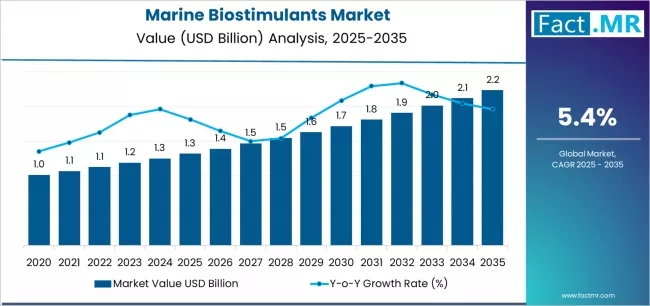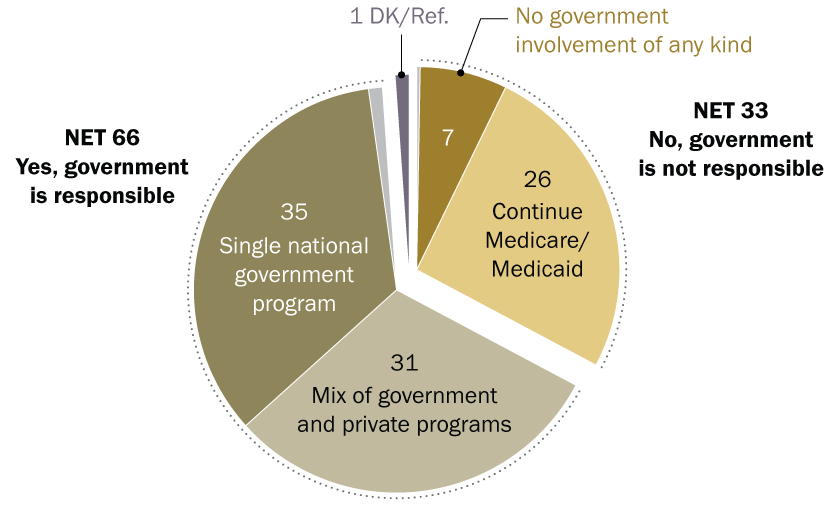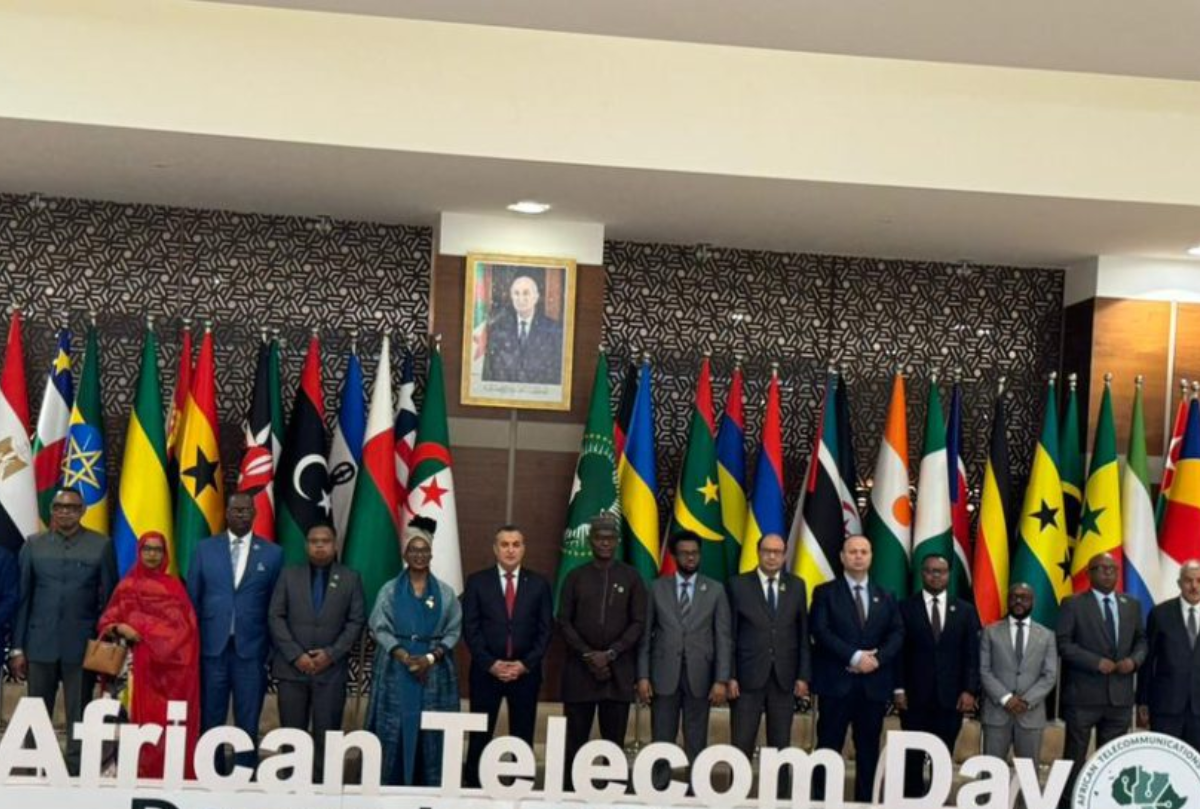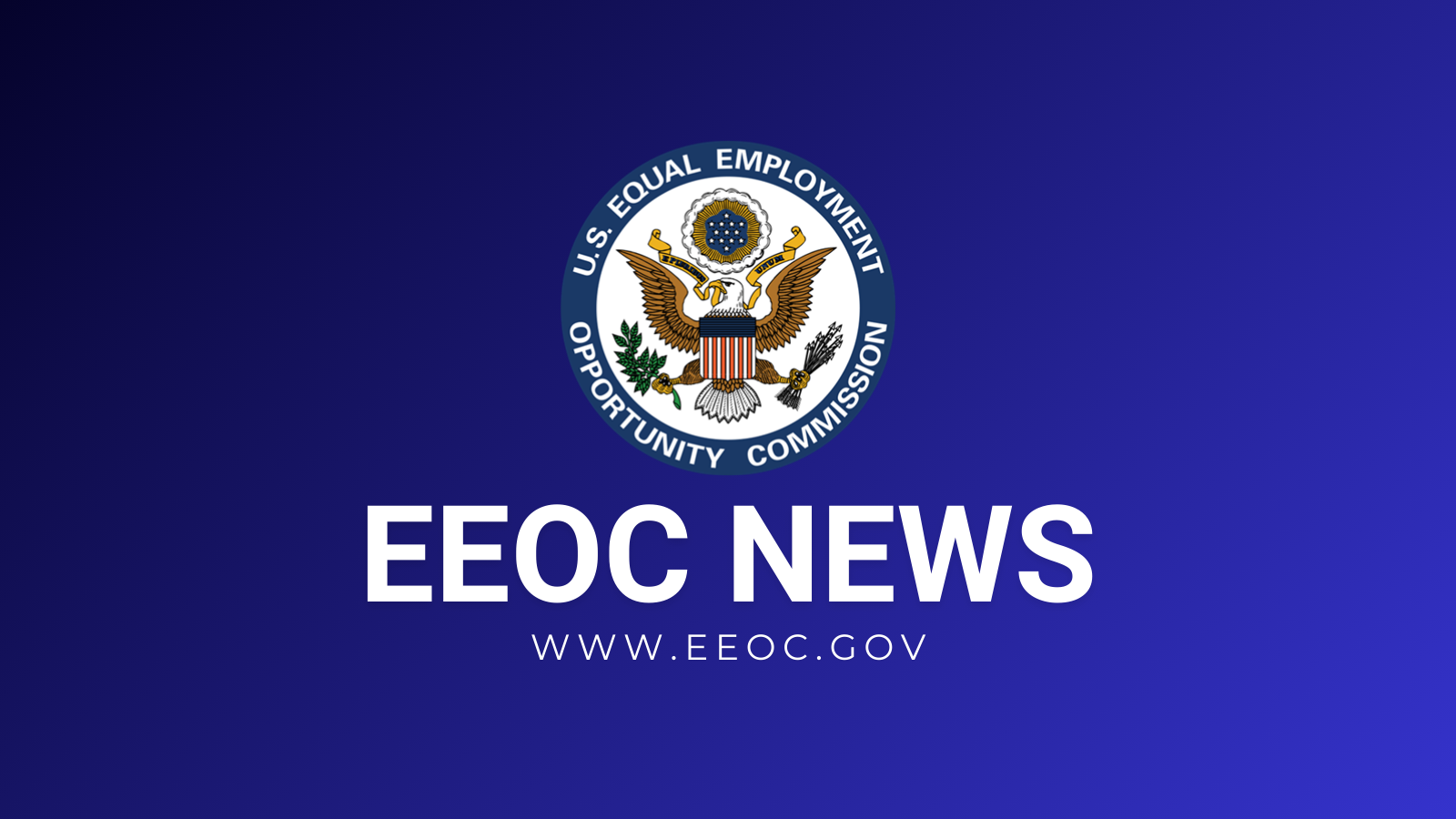Public caning for homosexuality? Indonesian men receive 80 lashes for hugging and kissing – WION
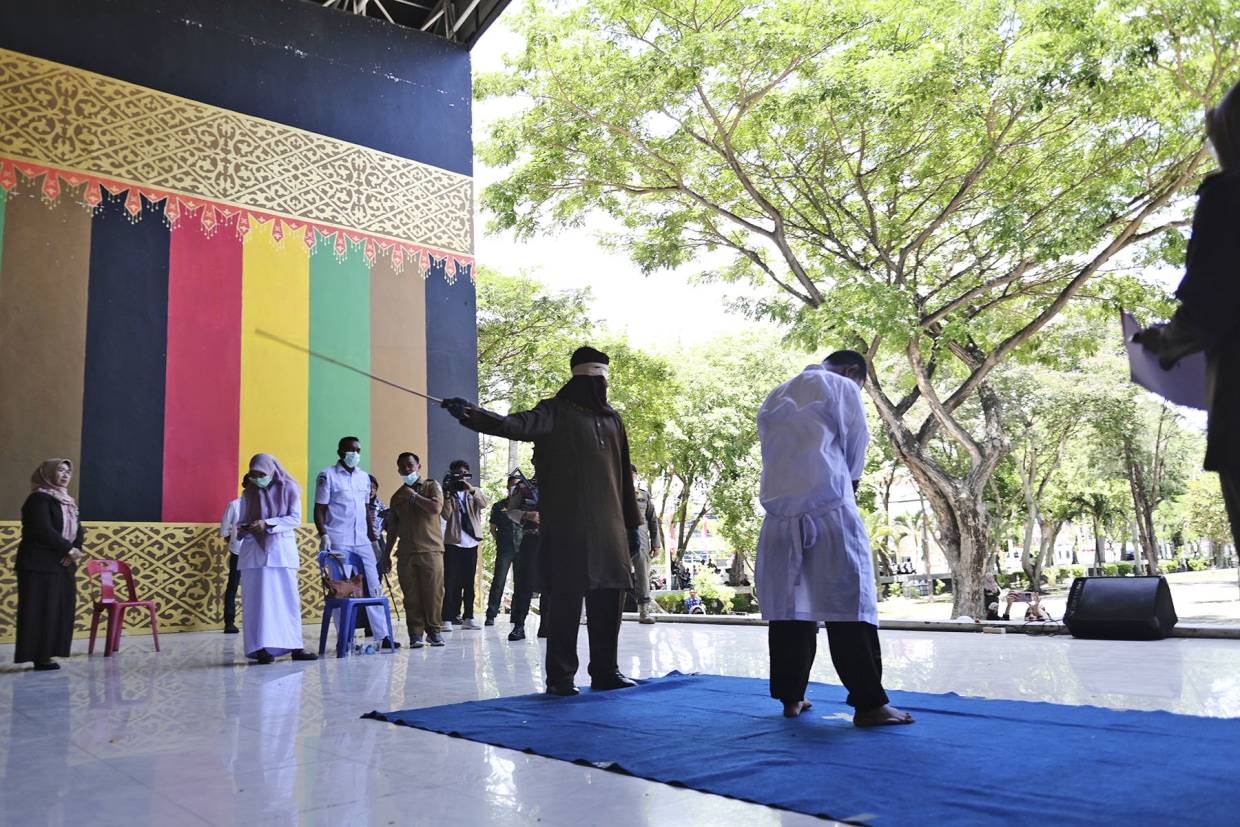
Report on Human Rights Violations in Aceh in Conflict with Sustainable Development Goals
A recent incident of public caning in Banda Aceh, Indonesia, highlights a significant conflict between local judicial practices and the universal principles of the United Nations Sustainable Development Goals (SDGs). The punishment, enacted under the province’s Shariah law, directly undermines progress on key global development targets.
Incident Summary and Violation of SDG 16: Peace, Justice and Strong Institutions
On August 26, two men, aged 20 and 21, were subjected to 80 lashes in a public park. The punishment was administered following a conviction by an Islamic Shariah court for acts of hugging and kissing. This judicial practice contravenes the principles of SDG 16, which calls for promoting the rule of law at national and international levels and ensuring equal access to justice for all. The use of corporal punishment is inconsistent with the development of effective, accountable, and inclusive institutions.
- Date of Incident: Tuesday, August 26
- Location: Bustanussalatin city park, Banda Aceh
- Conviction: Violation of Islamic law for hugging and kissing.
- Punishment: 80 lashes administered publicly.
- Context: Eight other individuals were also caned for charges including adultery and gambling.
While Indonesia’s national criminal code does not criminalize homosexuality, the autonomy granted to Aceh to implement Shariah law creates a dual justice system that fails to provide equal protection, thereby impeding the goals of SDG 16.
Impact on SDG 10: Reduced Inequalities
The enforcement of Shariah law in Aceh disproportionately targets and penalizes marginalized groups, directly opposing the objective of SDG 10 to reduce inequality within and among countries. The law creates a framework of discrimination based on sexual orientation and personal conduct, punishing individuals for their identity and private relationships. This practice actively works against the SDG 10 target of empowering and promoting the social and political inclusion of all, irrespective of age, sex, religion, or other status.
Offenses subject to caning under this discriminatory legal framework include:
- Homosexual acts
- Sexual relations between unmarried people
- Gambling
- Consumption of alcohol
- Women wearing tight clothing
- Men not attending Friday prayers
Contradiction with SDG 3 (Good Health and Well-being) and SDG 5 (Gender Equality)
The practice of public caning represents a severe violation of fundamental human rights that are integral to achieving SDG 3 and SDG 5.
- SDG 3: Good Health and Well-being: Public caning inflicts severe physical pain and long-term psychological trauma, which is fundamentally at odds with the goal of ensuring healthy lives and promoting well-being for all at all ages. The climate of fear created by such punishments has a detrimental effect on the mental health of the wider community, particularly for minority groups.
- SDG 5: Gender Equality: Laws that police morality, including dress codes for women and consensual acts between adults, reinforce discriminatory norms and undermine gender equality. These regulations deny individuals, particularly women and sexual minorities, their bodily autonomy and right to self-expression, hindering progress toward achieving gender equality and empowering all women and girls.
Analysis of Sustainable Development Goals (SDGs) in the Article
1. Which SDGs are addressed or connected to the issues highlighted in the article?
- SDG 3: Good Health and Well-being: The practice of public caning inflicts severe physical pain and psychological trauma, which is detrimental to the health and well-being of the individuals punished.
- SDG 5: Gender Equality: The article mentions that laws in Aceh target individuals based on sexual orientation and also punish “women wearing tight clothes,” which constitutes discrimination and a violation of women’s rights and autonomy.
- SDG 10: Reduced Inequalities: The laws and punishments described in the article specifically target a minority group based on their perceived sexual orientation, creating and enforcing inequality and denying them equal protection and rights.
- SDG 16: Peace, Justice and Strong Institutions: The core of the article revolves around a specific legal system (Shariah law in Aceh) that administers punishments considered to be violent and discriminatory, raising critical questions about justice, human rights, and the rule of law.
2. What specific targets under those SDGs can be identified based on the article’s content?
- SDG 3: Good Health and Well-being
- Target 3.4: By 2030, reduce by one third premature mortality from non-communicable diseases through prevention and treatment and promote mental health and well-being. The article describes public caning, a traumatic event where men “received 80 lashes,” which directly undermines mental and physical well-being.
- SDG 5: Gender Equality
- Target 5.1: End all forms of discrimination against all women and girls everywhere. The article notes that punishment by caning is applied to “women wearing tight clothes,” which is a law that explicitly discriminates against women.
- SDG 10: Reduced Inequalities
- Target 10.2: By 2030, empower and promote the social, economic and political inclusion of all, irrespective of age, sex, disability, race, ethnicity, origin, religion or economic or other status. The law criminalizing acts between same-sex individuals actively promotes their exclusion based on sexual orientation (“other status”).
- Target 10.3: Ensure equal opportunity and reduce inequalities of outcome, including by eliminating discriminatory laws, policies and practices. The Shariah law in Aceh, which punishes “gay sex,” is a clear example of a discriminatory law that this target aims to eliminate.
- SDG 16: Peace, Justice and Strong Institutions
- Target 16.1: Significantly reduce all forms of violence and related death rates everywhere. Public caning is a form of institutionalized, state-sanctioned violence.
- Target 16.3: Promote the rule of law at the national and international levels and ensure equal access to justice for all. The article highlights a situation where a provincial legal system in Aceh contradicts the national criminal code, which does not consider homosexuality an offense, thereby denying equal access to justice.
- Target 16.b: Promote and enforce non-discriminatory laws and policies for sustainable development. The laws in Aceh that punish people for their sexual orientation, choice of clothing, or for not attending prayers are explicitly discriminatory policies.
3. Are there any indicators mentioned or implied in the article that can be used to measure progress towards the identified targets?
- Implied Indicator for Target 16.1 (Reduce Violence): The number of individuals subjected to corporal punishment. The article provides a specific data point: “Two men… received 80 lashes” and “Eight others were also publicly caned.” Tracking this number over time would measure progress in reducing this form of violence.
- Implied Indicator for Targets 10.3 & 16.b (Eliminate Discriminatory Laws): The existence of discriminatory laws on the books. The article explicitly lists several such laws in Aceh, including those against “gay sex,” “sex between unmarried people,” “women wearing tight clothes,” and “men not attending Friday prayers.” The repeal or amendment of these laws would be a direct indicator of progress.
- Implied Indicator for Targets 10.2 & 16.3 (Inclusion and Access to Justice): The number of arrests and convictions under discriminatory laws. The article mentions, “The pair was arrested in April… after being reported by local residents,” and subsequently convicted. A decrease in such arrests and convictions would indicate progress towards greater inclusion and equal justice.
Table of SDGs, Targets, and Indicators
| SDGs | Targets | Indicators |
|---|---|---|
| SDG 3: Good Health and Well-being | 3.4: Promote mental health and well-being. | The practice of public caning as a form of punishment that causes physical and psychological harm. |
| SDG 5: Gender Equality | 5.1: End all forms of discrimination against all women and girls everywhere. | Existence of laws that discriminate against women, such as punishment for “women wearing tight clothes.” |
| SDG 10: Reduced Inequalities | 10.2: Promote social inclusion of all, irrespective of sex or other status. 10.3: Eliminate discriminatory laws, policies and practices. |
Existence of laws criminalizing individuals based on sexual orientation (“gay sex”) and the number of arrests and convictions under these laws. |
| SDG 16: Peace, Justice and Strong Institutions | 16.1: Significantly reduce all forms of violence. 16.3: Ensure equal access to justice for all. 16.b: Promote and enforce non-discriminatory laws and policies. |
The number of individuals subjected to state-sanctioned physical violence (public caning). The presence of a legal system that denies equal justice and enforces discriminatory laws. |
Source: wionews.com

What is Your Reaction?
 Like
0
Like
0
 Dislike
0
Dislike
0
 Love
0
Love
0
 Funny
0
Funny
0
 Angry
0
Angry
0
 Sad
0
Sad
0
 Wow
0
Wow
0

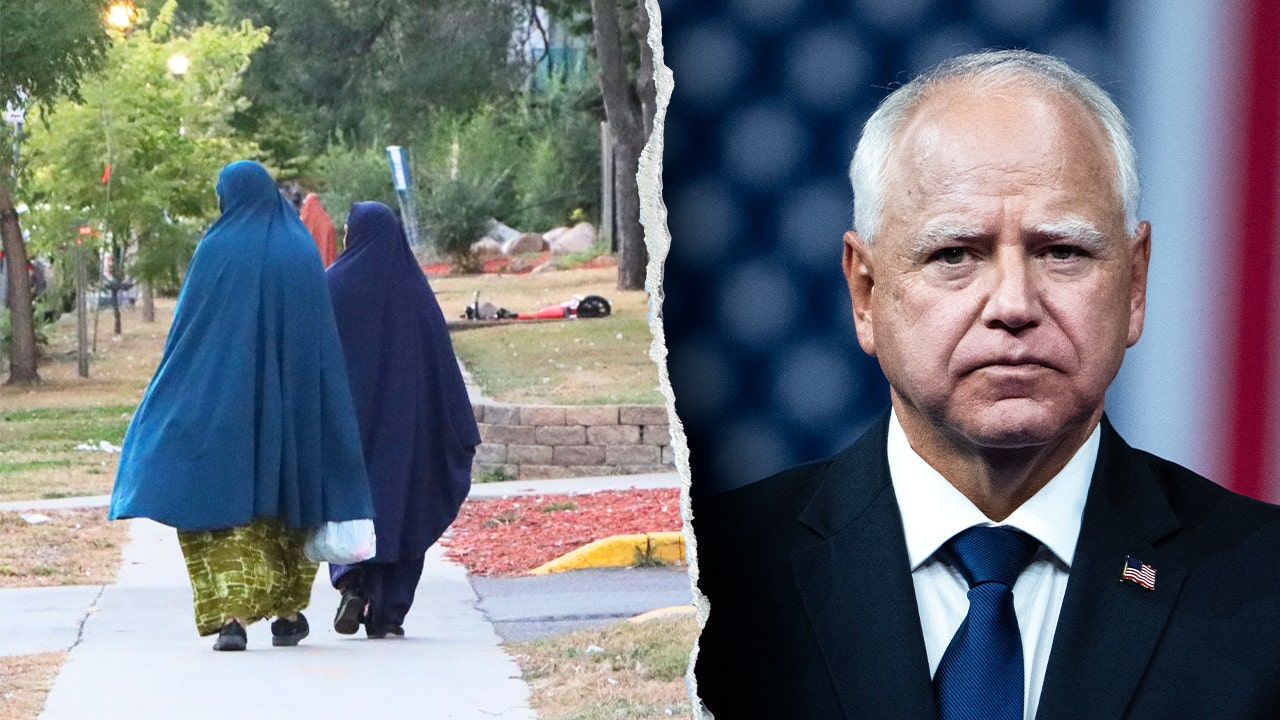
















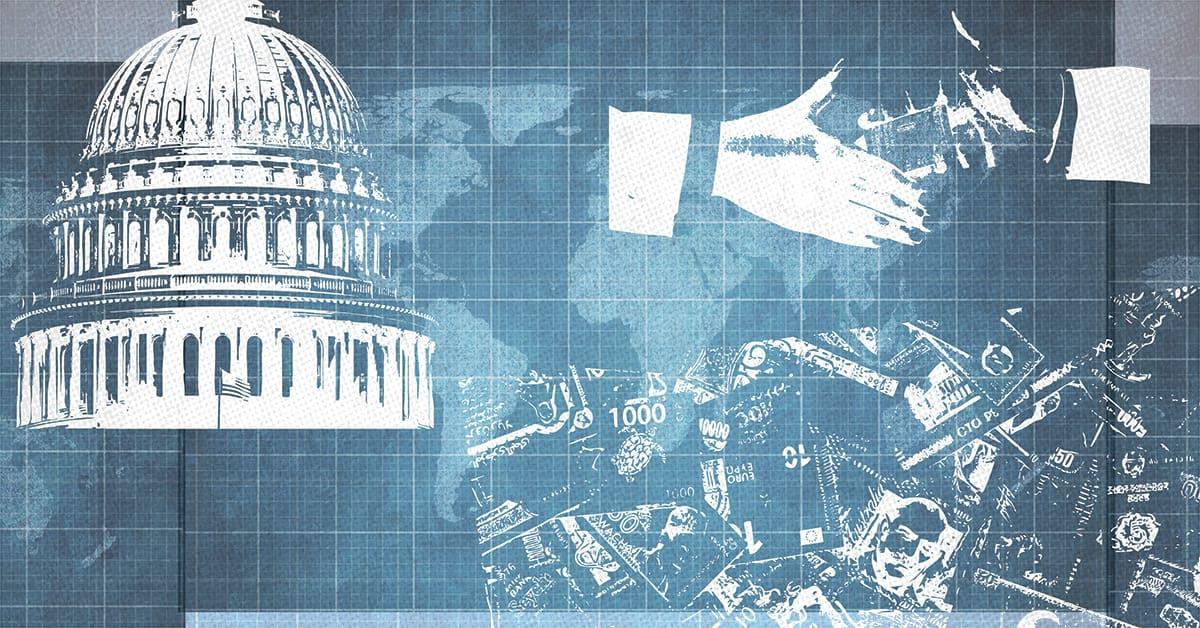































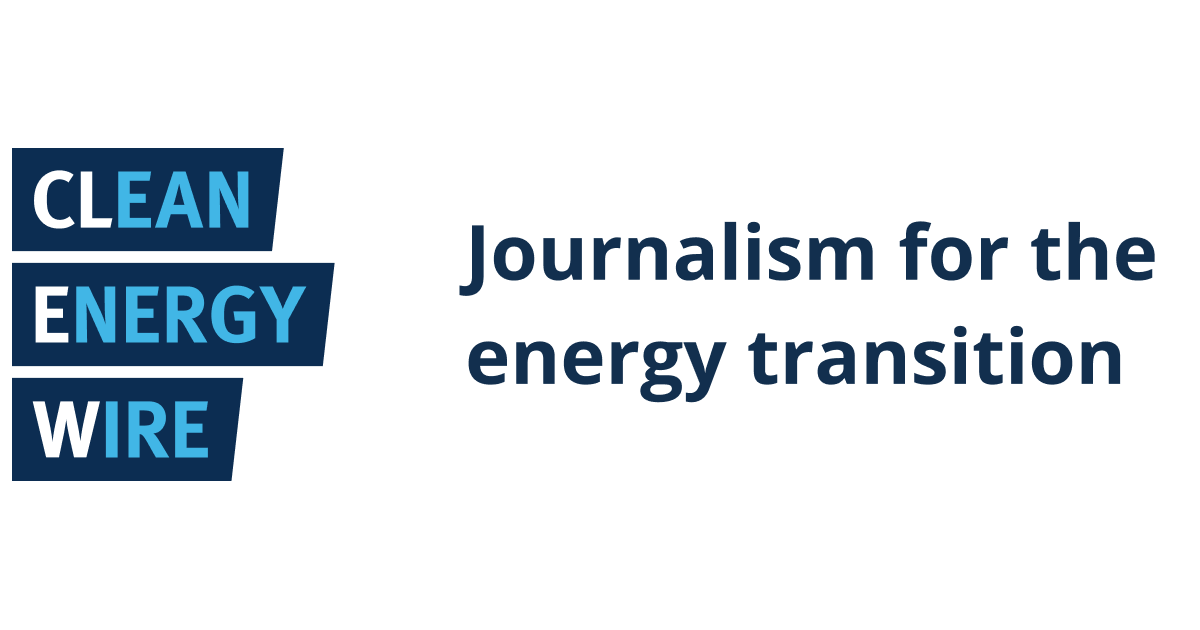
.jpg.webp?itok=0ZsAnae9#)



